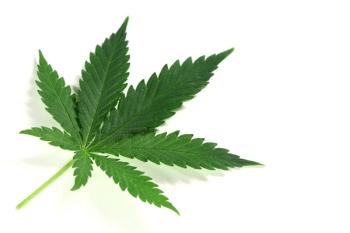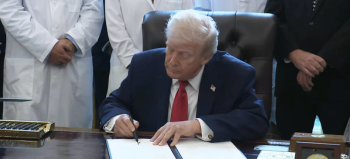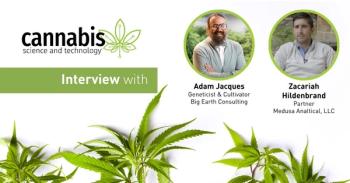
Treating Tobacco Addiction and Other Behaviors with Psilocybin: Exploring Years of Research and What the Future Holds
In his keynote address for the psychedelics track at Cannabis Science Conference East 2022, Dr. Matthew Johnson presented his talk “Psilocybin in the Treatment of Tobacco Addiction,” which reviewed the treatment of substance use disorders with classic psychedelics (5HT2A agonists) including LSD and psilocybin. Dr. Matthew Johnson, PhD, is the Susan Hill Ward Professor of Psychedelics at Johns Hopkins and is one of the world’s most widely published experts on psychedelics. Here are some highlights from his session.
On the first day of the Cannabis Science Conference in the psychedelics track, Dr. Matthew Johnson presented a keynote address highlighting important results from the past 18 years of his research on the treatment of addiction and other psychiatric disorders using psychedelics. He gave a history of how psychedelics have been used in the past primarily to treat alcoholism and cancer-related distress, explained the recent uptick in interest in studies involving psilocybin and hallucinogens, and gave his vision for future studies.
“I'm excited to present the high rates of success that we've seen so far,” Dr. Johnson explained in a
In his presentation, Dr. Johnson outlined several published studies, comparative efficacy trials, and pilots in terms of which psychedelic was used and for which condition, how patients were screened and selected, and the results plus the unexpected outcomes. If we take a step back and look at the commonalities of these promising findings, he asked, what are the common mechanisms? What does an addiction disorder mean in a broad sense? How do reported “mystical experiences” during treatments affect patients’ understanding of themselves and their addictive behaviors?
In looking at ongoing studies and into the future, Dr. Johnson listed possibilities such as an expansion of experimental work with different compounds, suggestions for making these types of treatments less expensive, and the types of institutions that could develop as this type of alternative therapy becomes more popular. At the end of the hour-long session, the audience asked several questions about topics such as details on the patient screening process, pharmacology, and dosing.
Newsletter
Unlock the latest breakthroughs in cannabis science—subscribe now to get expert insights, research, and industry updates delivered to your inbox.




